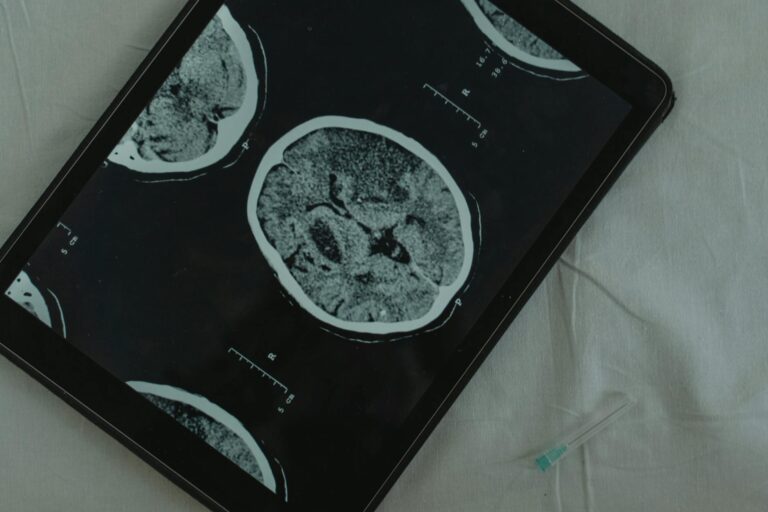Tailored Exercise Programs for Dementia Prevention
Exercise is a powerful tool in maintaining health and preventing various conditions, including dementia. Tailored exercise programs are designed to meet the specific needs of individuals, especially those at risk of dementia. These programs combine physical activity with cognitive stimulation, offering a holistic approach to health.
### Benefits of Tailored Exercise Programs
1. **Improved Cognitive Function**: Engaging in tailored exercise programs can enhance cognitive abilities such as memory and problem-solving skills. This is particularly beneficial for individuals with dementia, as it helps maintain mental agility and slows cognitive decline.
2. **Physical Health**: Exercise improves physical health by enhancing mobility, strength, and balance. This reduces the risk of falls, which are common among older adults and can exacerbate dementia symptoms.
3. **Social Interaction**: Many exercise programs encourage social interaction, which is crucial for emotional well-being. Social engagement can help combat loneliness and isolation, common issues faced by individuals with dementia.
### Types of Exercises
– **Multicomponent Exercises**: These programs include a mix of strength training, aerobic exercise, flexibility, and balance exercises. They are highly effective in improving overall health and preventing disabilities.
– **Exergaming**: This innovative approach combines physical activity with cognitive challenges through interactive video games. Exergaming has been shown to improve working memory and executive function in older adults.
– **Intellectual Stimulation Games**: Activities like puzzles, word games, and card games provide cognitive stimulation, promoting mental agility and memory retention.
### Implementing Tailored Programs
To implement a tailored exercise program effectively, it’s essential to consider the individual’s health status, preferences, and abilities. Here are some steps to follow:
1. **Consult a Healthcare Provider**: Before starting any new exercise program, consult with a healthcare provider to ensure it is safe and appropriate for the individual’s health condition.
2. **Assess Current Abilities**: Evaluate the person’s current physical and cognitive abilities to tailor the program accordingly.
3. **Set Realistic Goals**: Establish achievable goals that align with the individual’s capabilities and interests.
4. **Encourage Regular Participation**: Regular participation is key to seeing benefits from exercise programs. Encourage consistent engagement through positive reinforcement and support.
### Conclusion
Tailored exercise programs offer a promising approach to dementia prevention by combining physical activity with cognitive stimulation. By understanding the benefits and implementing these programs effectively, individuals can maintain their health and quality of life, even in the face of dementia risk.





